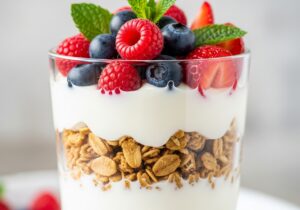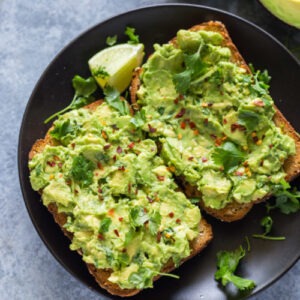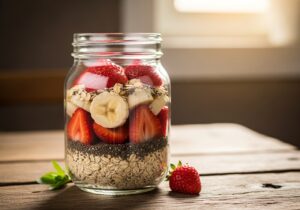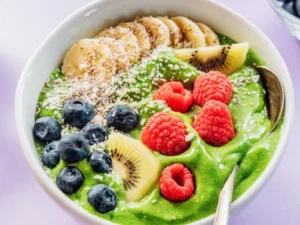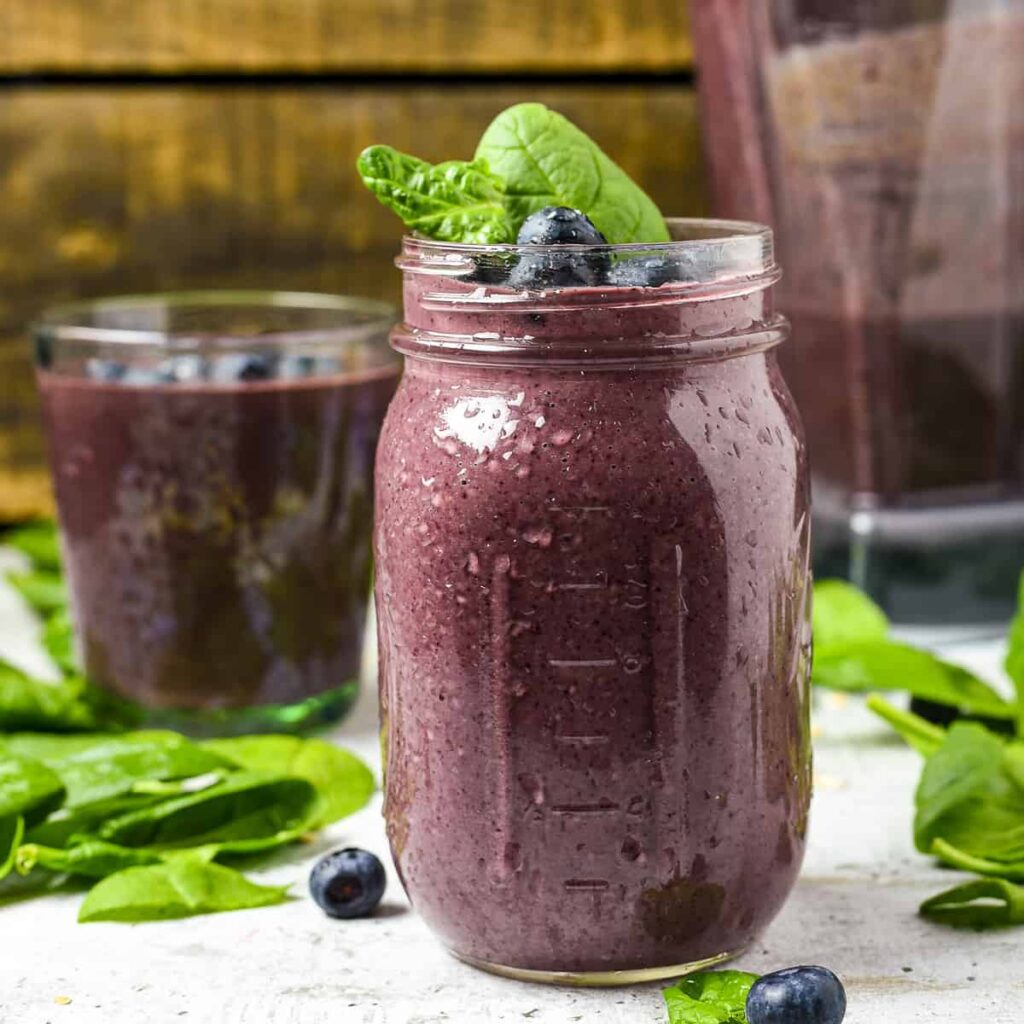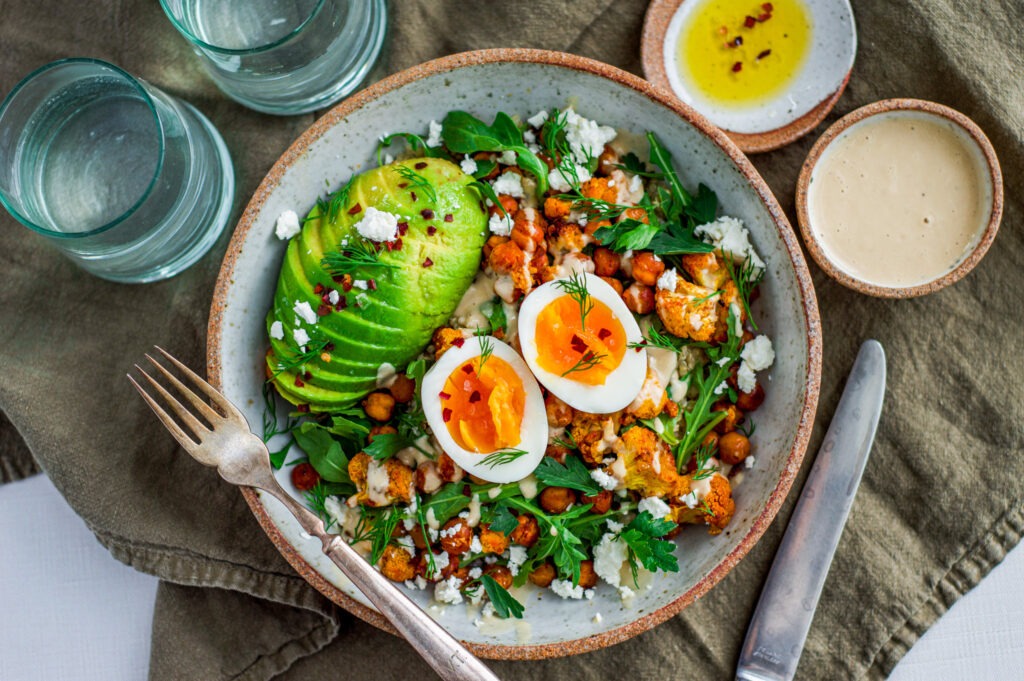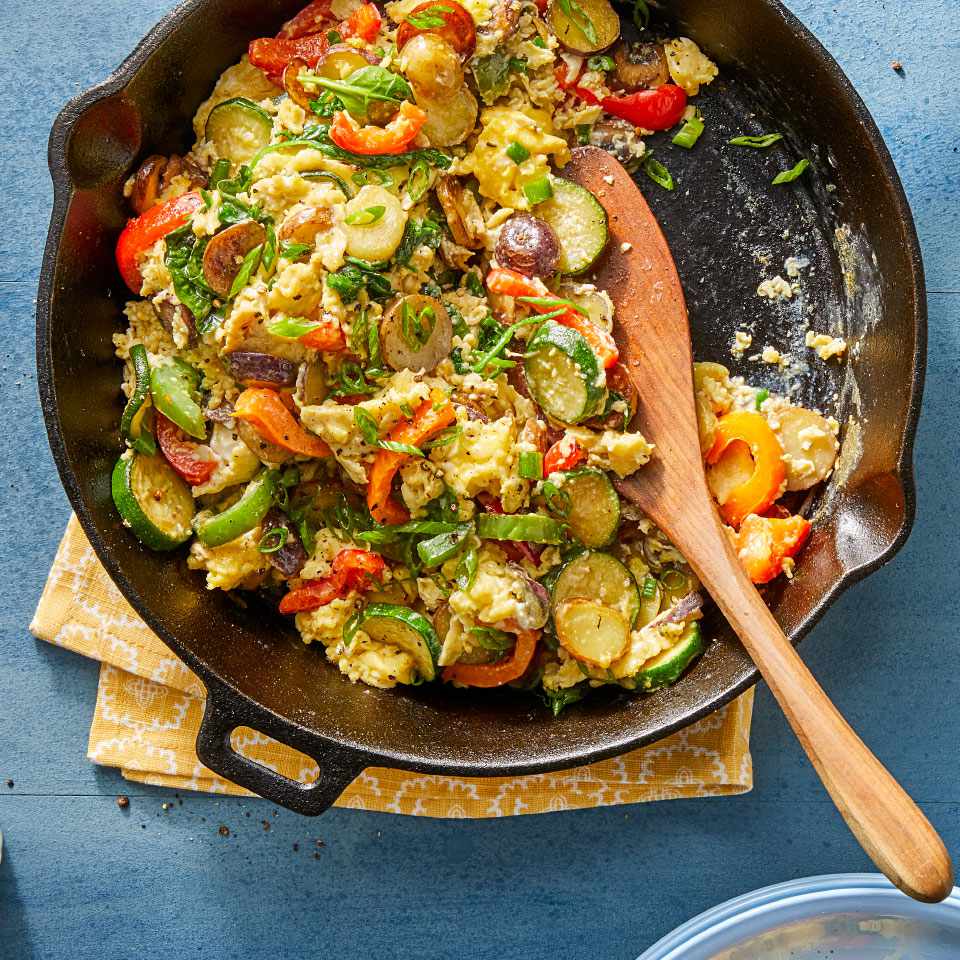A nutritious start to the day sets the tone for energy, focus, and overall well-being.
Incorporating a Healthy Morning Breakfast into your daily routine helps stabilize blood sugar, kickstarts your metabolism, and provides essential nutrients to power through your morning tasks.
Whether you’re rushing to work, balancing family duties, or carving out “me time,” these wholesome breakfast ideas will keep you satisfied and energized until lunchtime.
Why a Healthy Morning Breakfast Matters
-
Blood Sugar Balance: After an overnight fast, your body welcomes a balanced meal of protein, healthy fats, and complex carbohydrates. This prevents mid-morning energy crashes and sugar spikes.
-
Enhanced Metabolism: Eating soon after waking can boost your metabolic rate, helping your body burn calories more efficiently throughout the day.
-
Improved Focus & Mood: Nutrient-rich breakfasts support brain function, sharpening concentration, memory, and mood regulation.
-
Weight Management: Balanced breakfasts curb overeating later in the day by reducing cravings and curbing hunger.
Seven Energizing Breakfast Ideas
Tips for a Consistently Healthy Breakfast
-
Prep Ahead: Batch-cook egg muffins or chia pudding on weekends, and portion nuts or fruit for the week.
-
Balance Your Plate: Aim for a mix of protein, fiber, healthy fats, and minimal refined sugars.
-
Stay Hydrated: Start with a glass of water or herbal tea before diving into breakfast.
-
Listen to Your Body: Adjust portions and ingredients based on your hunger levels and nutritional needs.
-
Experiment: Rotate different grains (quinoa, buckwheat) and proteins (tofu scramble, smoked salmon) to keep things exciting.
Read More: Easy Protein Breakfast Ideas to Jumpstart Your Morning
Common Pitfalls to Avoid
-
Skipping Protein: Carbohydrate-only breakfasts (e.g., sugary cereal) can leave you hungry sooner.
-
Overloading on Sugars: Flavored yogurts and granola bars often contain hidden sugars—opt for plain or low-sugar versions.
-
Ignoring Portion Sizes: Even healthy ingredients can contribute to excess calories if portions aren’t monitored.
Frequently Asked Questions (FAQs)
1. What makes a breakfast “healthy”?
A healthy breakfast balances protein (to keep you full), complex carbohydrates (for sustained energy), and healthy fats (for nutrient absorption), alongside fiber and micronutrients from fruits, vegetables, nuts, or seeds.
2. How soon after waking should I eat breakfast?
Aim to eat within 1–2 hours of waking. This timing helps kickstart your metabolism and stabilizes blood sugar after the overnight fast.
3. Can I prep breakfast items in advance?
Absolutely. Foods like chia seed pudding, egg muffins, and overnight oats can be made in batches and stored in the fridge for several days, saving you time on busy mornings.
4. What if I’m not hungry in the morning?
Start small—a piece of fruit or a Greek yogurt—and gradually build up appetite. Sometimes hydration (a glass of water or herbal tea) first thing can also stimulate hunger.
5. Are smoothies a good breakfast option?
Yes—if they include protein (e.g., Greek yogurt or protein powder), fiber (from fruits or greens), and healthy fats (like nut butter or seeds). Otherwise, they can be too high in sugar and leave you hungry.
6. How do I avoid added sugars in breakfast?
Choose plain yogurts and milk substitutes, and sweeten naturally with fresh fruit. Read labels on granola, cereals, and packaged breakfast bars to check sugar content.
7. Can I have dairy-free breakfasts?
Definitely. Swap Greek yogurt for coconut or almond yogurt, use plant-based milks, and include protein from tofu scrambles, nut butters, seeds, or legumes.
8. Is it okay to skip carbs at breakfast?
While low-carb breakfasts can work, including some whole grains or fruit ensures you get fiber and important B-vitamins. If you choose to skip carbs, be mindful to include vegetables or berries for nutrients.
9. How can I boost the protein content of my breakfast?
Add ingredients like eggs, Greek yogurt, cottage cheese, protein powder, nuts, seeds, or lean meats (e.g., smoked salmon or turkey slices).
10. What should I drink with breakfast?
Water is ideal to start. Herbal teas or black coffee (without added sugar) are also fine. If you want milk, opt for low-fat or unsweetened plant-based versions.
Wrapping Up
Integrating a Healthy Morning Breakfast into your daily life doesn’t have to be complicated.
With a handful of staple ingredients and simple prep strategies, you can enjoy satisfying, nutrient-rich meals every morning.
By nourishing your body right at the start, you’re investing in better energy, mood, and long-term health—one delicious bite at a time.
